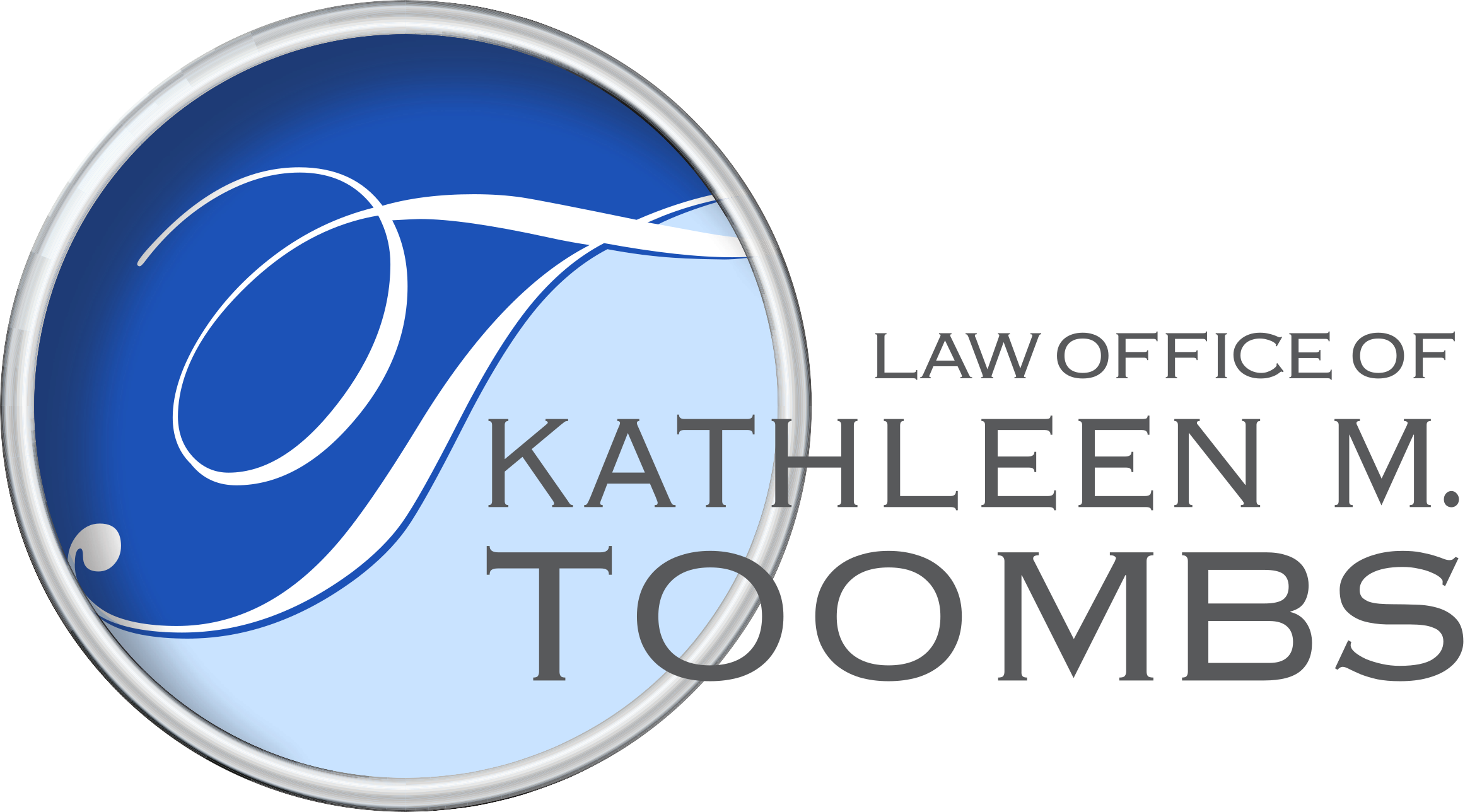Blogs
Medicare and Medicaid? – What’s the Difference?
Medicare
Medicare is federal program which provides healthcare to certain populations, if you are over age 65 and have paid Medicare tax through your employment for at least ten years or have certain disabilities. Original Medicare is divided into Parts A and B.
Medicare Part A covers hospital care and a limited p0eriod of nursing home care, home health services, and hospice care. Medicare Part A will only cover nursing home care if: i) there was an inpatient hospital stay of 3 overnights, ii) nursing home care is needed relating to the hospital stay, and the patient entered the nursing home within a short time of the hospital stay.
Only the first 20 days of nursing home care are paid for by Medicare Part A. Days 21 through 100 of rehabilitative care require a partial payment by the patient, if qualified. No payment is made after day 100. Nursing Home care costs about $16,000 per month, plus 6.8% tax.
Medicare Part B covers traditional healthcare expenses, including doctor, blood tests, and X-rays and requires a paid monthly premium (2024–$174.70).
Additionally, you may want additional coverate such as i) Medicare Advantage which may bundle more services, but also restrict you to a network of providers, or ii) Traditional Medicare Supplement (“Medigap”) which may cost more in premiums but have fewer restrictions and lower out-of-pocket costs.
Medicaid
Medicaid is a joint federal-state program that provides healthcare to various populations. Medicaid covers all types of medical care, including nursing home and in-home care.
Eligibility for Medicaid is needs-based. Income restrictions for programs cover pregnant women, children, the disabled, and the elderly. Additionally there are asset restrictions when long-term care is needed, as well as a “look-back” period. If during the specified “look-back” period assets were transferred, there will likely be a period of ineligibility.
An elder law attorney can guide you with legal planning to protect the home, money and other property so they won’t have to be spent on care costs. When there is an immediate need for long-term care, an experienced elder law attorney can best help you navigate the complexities of the application process and understanding what exemptions you qualify for. An elder law attorney can guide you through the spend-down process, including “rule of halves” asset protection, spousal refusal and use of a community trust to preserve excess income.
Conclusion
Medicare and Medicaid are two very different programs; each provides certain benefits and has certain criteria for enrollment. Between the two, however, only Medicaid will cover most long-term care expenses. Getting long-term care Medicaid can be a tedious process, and legal strategies can be employed that will help you protect assets while getting needed care. If you or someone in your care needs long-term care soon, or you would like to be proactive and protect assets in advance for more asset protection, you want an elder law attorney in your corner to help you properly navigate the legal strategies available to you.
Law Office of Kathleen M. Toombs
157 Barrett Street, Schenectady, NY 12305
(518) 688-2846
Attorney Advertising
Law Office of Kathleen M. Toombs, PLLC
Recent Posts
Contact Us


